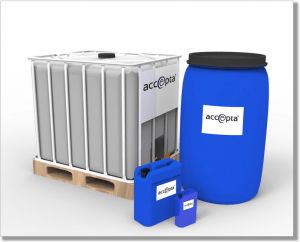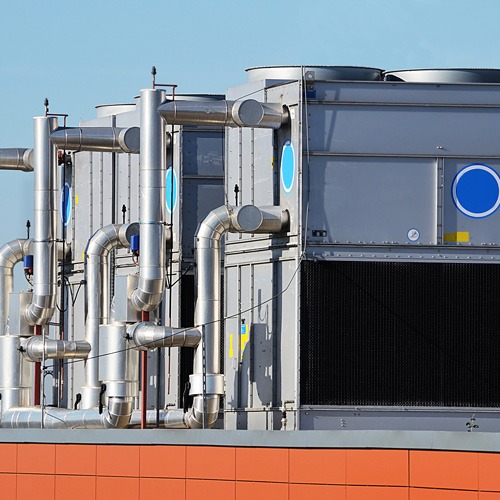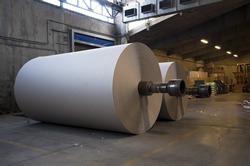 Boiler Water Oxygen Scavengers – Sulphite, Tannin, DEHA, Carbohydrazide
Boiler Water Oxygen Scavengers – Sulphite, Tannin, DEHA, Carbohydrazide
In this technical article we look at the problems affecting boiler systems and how a well-planned boiler water treatment programme can help manage the problems of oxygen associated with corrosion in these systems. We examine the problems caused by oxygen in steam and boiler water systems and how to minimise its negative impact using specialist chemical formulations. Accepta manufactures a range of boiler water chemicals so be sure to click the links below to discover our range of Oxygen Scavengers & Multi-functional treatments.
Oxygen in boiler water
Why should you worry about oxygen in boiler water? Primarily because oxygen is a significant factor in the corrosion of metals. Accordingly, if you can remove the oxygen from water you can reduce the negative effects of corrosion. Boiler water oxygen scavengers do just that; they are products that can be added to the boiler water that help to remove oxygen and so reduce the problems associated with corrosion.
Oxygen scavengers
There are several types of oxygen scavenger: organic and inorganic, the difference being that inorganic products add dissolved solids to the water. This means that you have to increase the amount of ‘blowdown’ given to the boiler to maintain conditions free from boiler water carryover.
Also, inorganic oxygen scavengers tend to be temperature dependent and so the lower the boiler feed water temperature the more chemical you need to add. An example of an inorganic oxygen scavenger is sulphite, whereas examples of organic oxygen scavengers are tannin, DEHA, and carbohydrazide.
Reducing oxygen
One method used to reduce the amount of oxygen in boiler feed water is to maintain as high a temperature as possible. This is because increasing the water temperature can drive off the oxygen in gaseous form. It is therefore essential to ensure good feed tank design, and that as much condensate as possible is returned to the system.
The use of condensate is preferable for heating the feed tank rather than a steam sparge or external heat source because it is a recycled heat source and so helps to conserve energy and reduce operating costs.
Sulphite
Advantages to the use of sulphite are that the higher the feed water temperature the less sulphite is required, its low cost and it is colourless as a product. One disadvantage is that sulphite adds to the ‘dissolved solids’ and so leads to more system ‘blowdowns’.
Tannin, DEHA and carbohydrazide
Tannins, DEHA and carbohydrazide are not temperature dependent and do not add to the ‘dissolved solids’ and hence blowdown is reduced relative to a sulphite treated boiler, however, these products are slightly more expensive than sulphite.
Product selection
It is important to calculate the dosage rate for all types of chemical product and to examine the overall system design before choosing the most suitable oxygen scavenger.
Accepta have a number of highly effective, technically advanced boiler products that act to absorb oxygen from boiler water and so help prevent corrosion. For more information and to see our products visit boiler water oxygen scavengers
White label manufacturing services
Accepta’s white label manufacturing services offer customers the opportunity of having our high quality, manufactured products branded as their own. All Accepta products can be re-branded with customer company name, logo, contact details, and more included on each consignment and, if required delivered directly to a site of their choice with their own delivery paperwork.
If you would like to learn more about our specialist white label manufacturing services please contact us.
Other Boiler Water Chemicals
Accepta offer a complete range of boiler chemicals including blended multi-treat chemicals which include an oxygen scavenger, polymer and alkali as well as other boiler treatments such as Phosphates & Amines. See our Boiler Water Chemicals range






